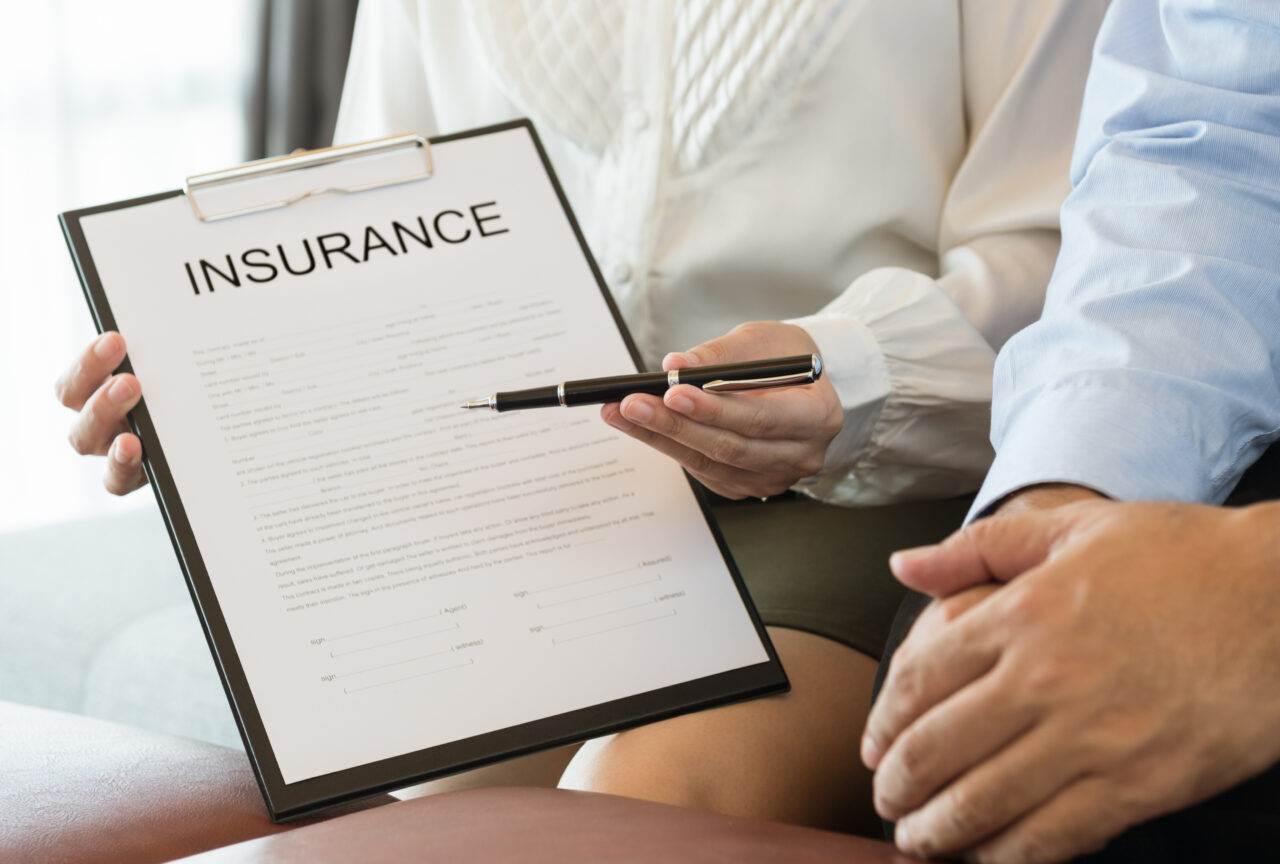
If you have been injured in a car accident in Florida, one of your most immediate concerns will likely be how you’re going to pay for medical treatment. Not everyone is prepared for the expenses they’ll incur after a crash, especially if there are serious or catastrophic injuries.
When an accident sends you to the hospital, the cost of treatment can be astronomical. But who pays for your medical care — your auto insurance, or your health insurance?
PIP Pays First
Florida is a no-fault state. Drivers are required to purchase at least $10,000 in Personal Injury Protection (PIP) benefits. PIP will pay for 80 percent of your medical bills after an auto accident up to $10,000.
PIP benefits cover not only you, but also other members of your household. That means that if a family member is injured in a car wreck, they can seek payment of their medical expenses through your PIP policy.
In order to use PIP, you must file a claim within two weeks of the accident.
MedPay Comes Next
In Florida, you also have the option of purchasing optional medical payments coverage (MedPay). It’s a good idea to buy MedPay if you can because they cover 100 percent of medical bills not covered by your PIP benefits. That means that if the cost of treatment exceeds your PIP benefits, MedPay will cover the remainder up to the policy limits.
When Does Health Insurance Kick In?
Health insurance will cover your injuries after a car accident, but usually only after you have exhausted the PIP benefits (and any MedPay) through your auto insurance.
The coverage and deductibles for your health insurance will be the same as usual, based on your individual plan. You can use it to cover expenses once you have reached the limit for PIP, or you may choose to use both at the same time. You can usually have your health insurance and auto insurance companies communicate with each other to determine who will cover what.
If you believe the driver of another vehicle was at fault, you should still use a combination of PIP and health insurance to cover the bills initially. But if you suffered serious, permanent injuries, you may also file a bodily injury liability claim against the at-fault driver to receive full compensation for your injuries and other related expenses.
Subrogation in Florida
If you use health insurance to pay for your medical bills and later receive compensation from another source (such as a personal injury lawsuit), you will be required to reimburse the health insurance company. This is called subrogation.
Medicare and Medicaid After an Accident
If you have health insurance through Medicare or Medicaid, you will still be expected to exhaust your PIP benefits before billing the health insurance. If you receive additional compensation for your injuries, you will be expected to reimburse Medicare or Medicaid as well.
How Can Brooks Law Group Help Me?
Navigating insurance claims after an accident can be complicated and frustrating. An experienced attorney at Brooks Law Group can sit down with you and help you understand your options so you can make an informed decision.
If you’ve been hurt, our car accident attorneys will fight to get the full compensation you need to recover physically, mentally, and financially. Contact us today at 1-800-LAW-3030 to schedule a free consultation.














